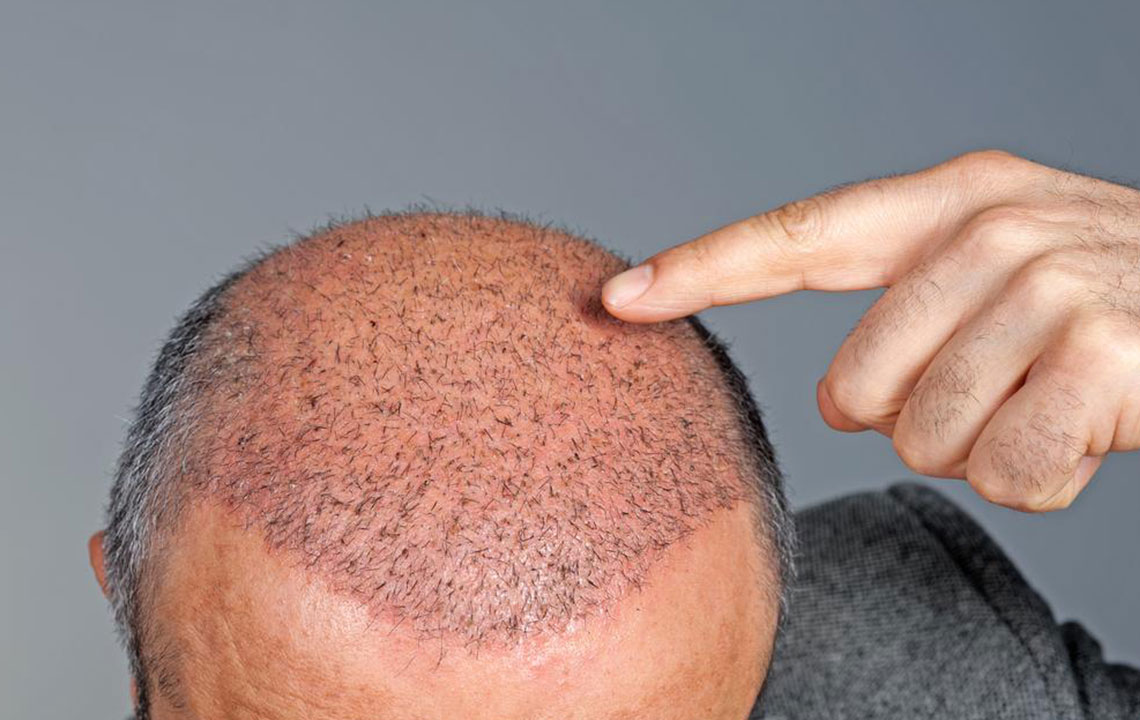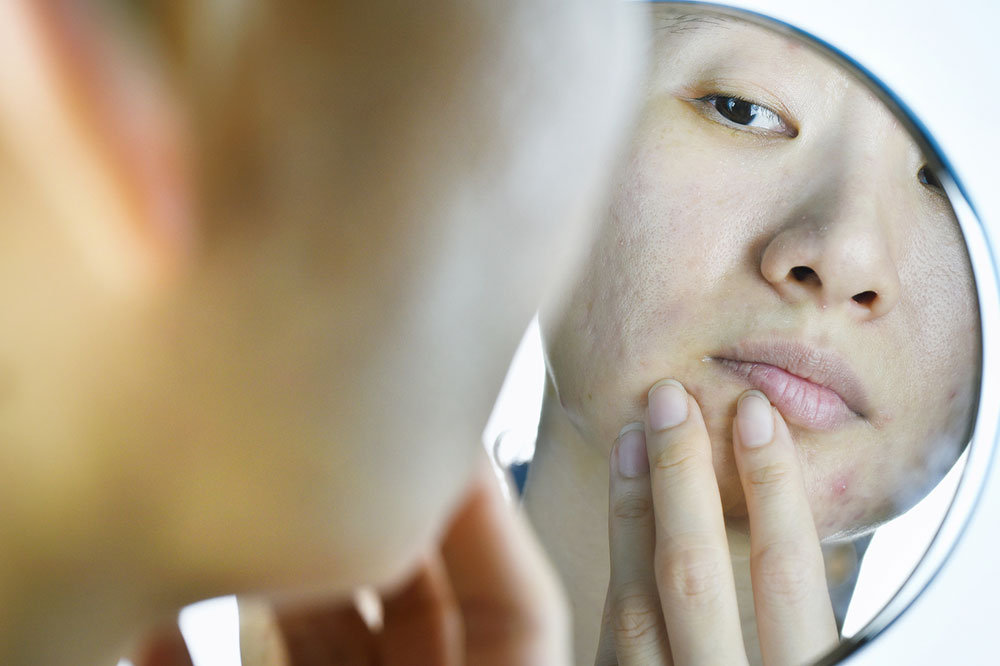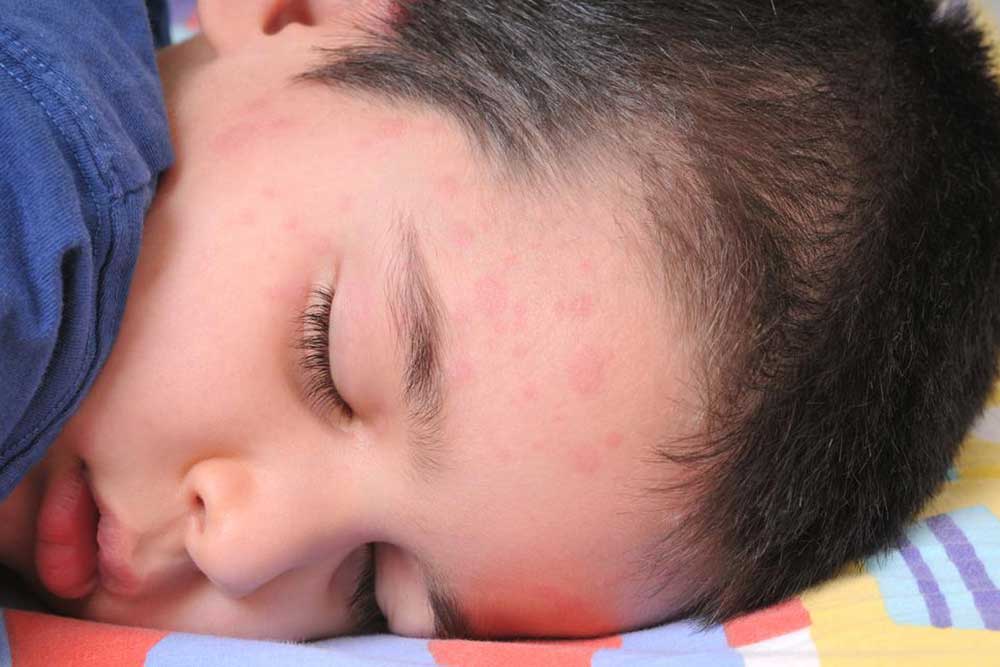Shocking Facts About Common Scalp Conditions
Discover surprising facts about common scalp conditions, their causes, symptoms, and treatments. This guide highlights how lifestyle and genetics influence scalp health, emphasizing the importance of timely dermatological care for persistent issues.

Shocking Facts About Common Scalp Conditions
Scalp health issues can lead to discomfort and embarrassment. Here are some lesser-known scalp disorders that might surprise you.
Scalp problems often result in hair thinning, excessive shedding, or bald patches. While aging and genetics are common causes of baldness, many scalp conditions can cause hair loss without such factors. Here are some notable scalp diseases and their key features.
Psoriasis
Psoriasis is a chronic condition characterized by itchy, scaly, red patches on the scalp, which can eventually lead to hair loss in affected areas. It is believed to arise from genetic and environmental influences. The lesions resemble severe burns and can cause significant discomfort.
Alopecia Areata
This autoimmune disorder, also called 'spot baldness,' results in sudden hair loss in patches on the scalp and sometimes other body areas. It occurs when the immune system mistakenly attacks hair follicles, often with a hereditary link. The condition may also affect nails and skin ridges.
Scalp Ringworm
Known medically as tinea capitis, scalp ringworm is a fungal infection common among children worldwide. It creates circular, scaly patches on the scalp with hair loss and may cause itching and inflammation. Dermatophyte fungi invade hair and skin tissues, leading to these symptoms.
Head Lice
Head lice infestation is a prevalent scalp issue, causing intense itching and scalp soreness due to lice crawling and biting. Treatment usually involves medicated oils and topical therapies, although it may take time to eliminate the pests completely.
Hair Shaft Disorders
Conditions like thickenings or thinnings of hair shafts (e.g., trichorrhexis nodosa, monilethrix, pili torti) weaken hair strands, making them prone to breakage. These abnormalities can alter hair appearance and texture significantly.
Diffuse Hair Loss
Excessive hair shedding, or balding, is a common scalp disorder caused by factors like telogen effluvium—where hair prematurely enters resting phases due to stress or illness. Chronic cases may take years for recovery and can be linked to medical conditions like lupus or nutritional deficiencies. Lifestyle factors such as stress, pollution, and unhealthy diets also contribute.
Understanding that many scalp issues are caused or worsened by lifestyle choices highlights the importance of maintaining good hygiene and health. Persistent symptoms should prompt consultation with a dermatologist for proper treatment.










